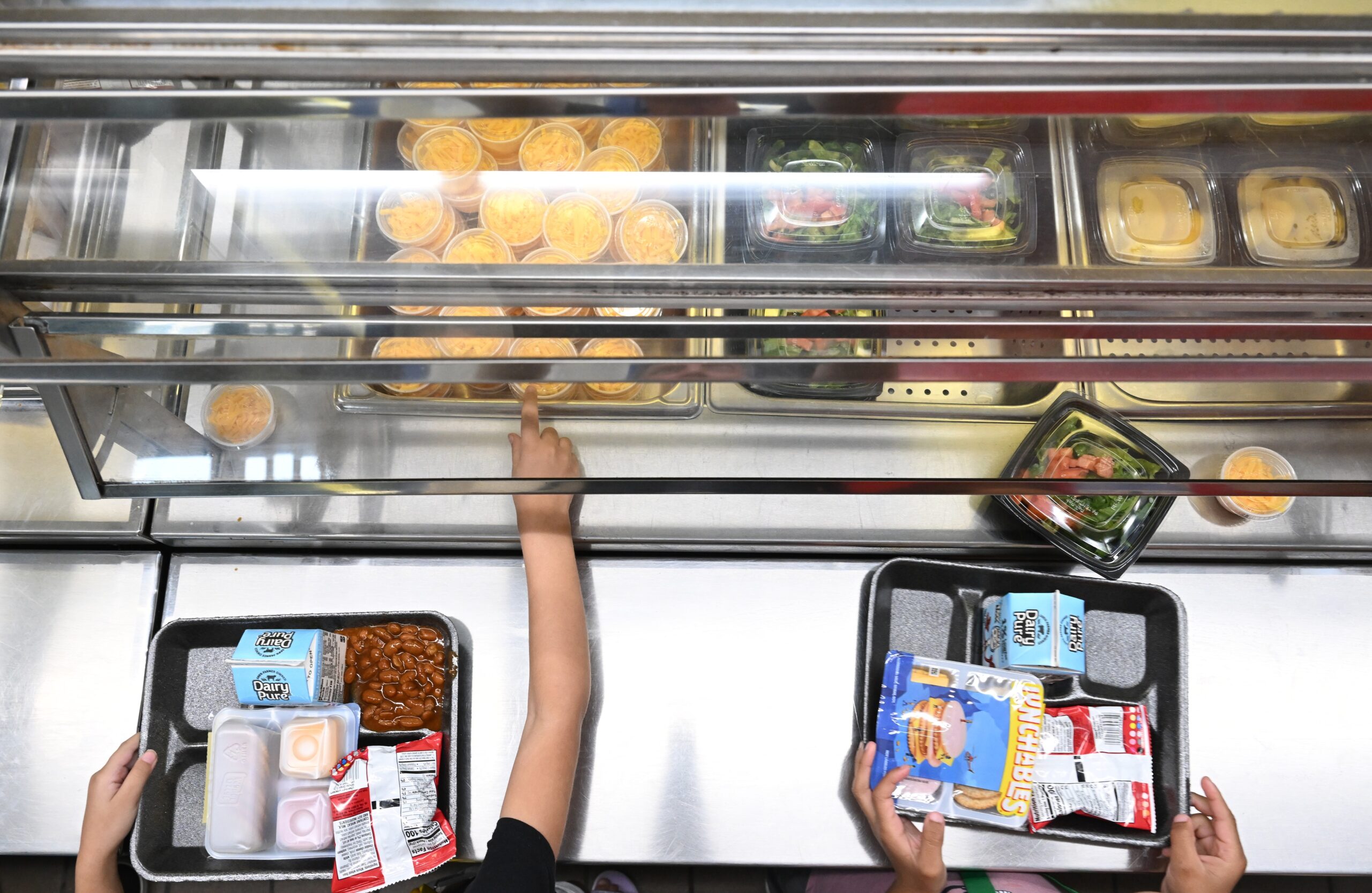The U.S. Department of Agriculture (USDA) is pulling the plug on two major federal programs that helped schools and food banks buy food directly from local farmers and ranchers—a cut that amounts to nearly $1 billion in lost funding. The agency says it’s shifting focus to “long-term, fiscally responsible initiatives.”
The move eliminates about $660 million this year for the Local Food for Schools program, which operates in 40 states, and another $420 million for the Local Food Purchase Assistance Cooperative Agreement, which helps food banks and community groups distribute fresh food to those in need.
The decision is part of a broader push by the Trump administration and Elon Musk’s Department of Government Efficiency (DOGE) to slash federal spending and reduce what they call government waste. These USDA programs were originally funded through the Commodity Credit Corporation (CCC)—a fund created during the Great Depression to support American farmers.
Schools Feeling the Impact
For schools that rely on this funding, the cuts are a big blow—especially at a time when food costs are already sky-high.
“It’s a pretty big hit,” said Patti Bilbrey, director of nutrition services at Scottsdale Unified School District in Arizona. Her district was set to lose $100,000 in funding, which was earmarked for local beef, fresh fruits, and vegetables.
“It wasn’t just about keeping food costs low—it meant supporting our community and local farmers in our state.”
That $100,000 loss may only be 2% of the district’s $6 million food budget, but Bilbrey said it made a huge differencein allowing them to buy from small farmers and introduce kids to fresh, local produce like microgreens.
“The Local Food for Schools program was a godsend to us,” she added. “It kept our meal costs down while also helping our community, which improved the perception of school meals.”
Farmers Also Feeling the Pressure
It’s not just schools feeling the squeeze—local farmers are worried too.
Katie Carlson, president of Carlson Orchards in Harvard, Massachusetts, said that losing this funding could hurt her business.
Her farm has worked with the Worcester Regional Food Hub, a program that connects local farmers with schools.
“We know that this time of year we can count on the Worcester Food Hub,” Carlson said. “They may not be huge orders every week, but we know that they’re coming to take something. If that were to suddenly drop off… it’s just not good.”
What’s Next?
With funding drying up, both schools and farmers are left scrambling to figure out what comes next. And for many, the timing couldn’t be worse.




